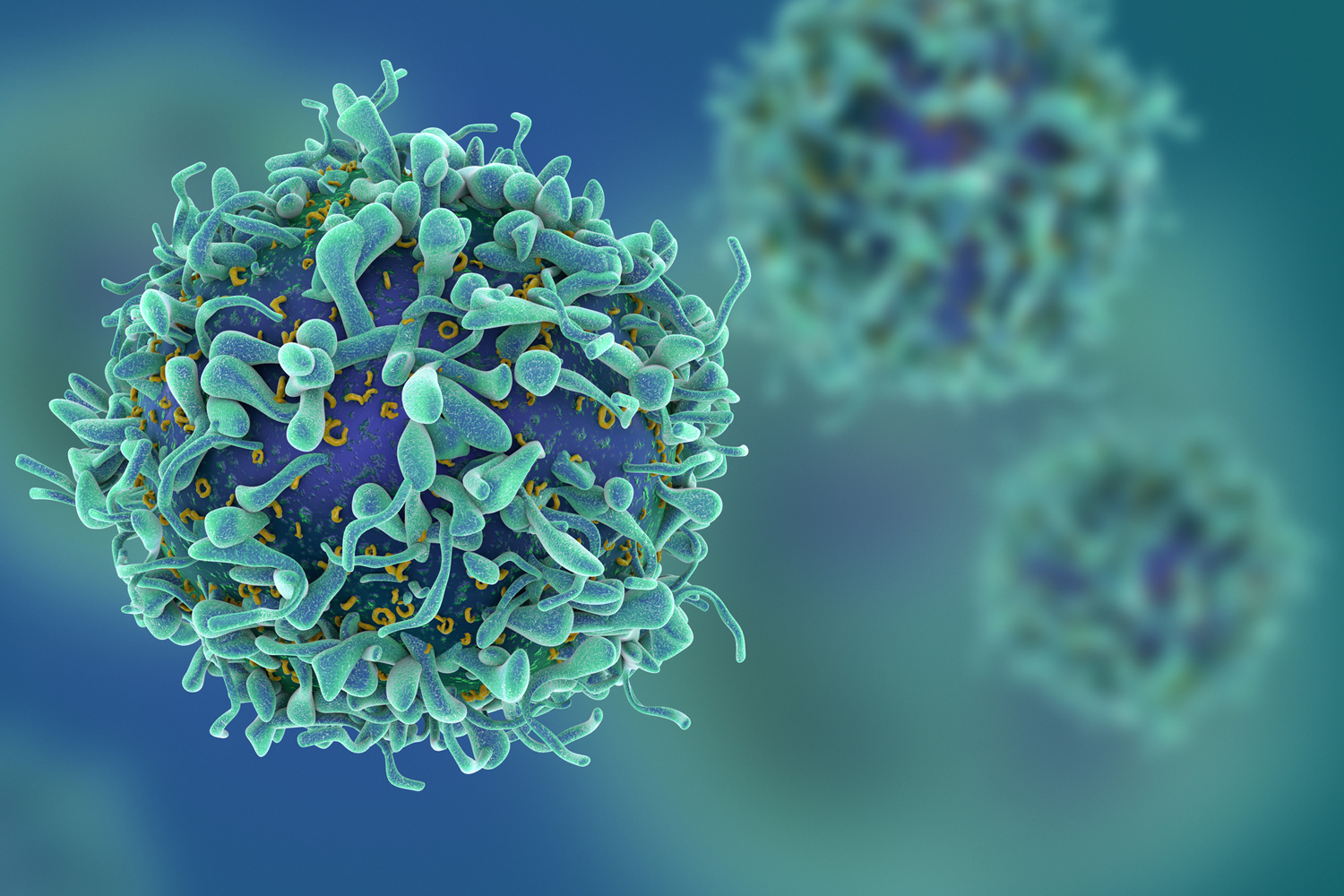Video consultations now available

Psoriasis, a skin condition that most people have heard of, but which most people don’t understand. But for people with psoriasis it’s a condition that can have a huge impact on almost every aspect of life, affecting appearance, confidence, work, sports and relationships. Here are ten things you may not know about psoriasis.
Psoriasis affects 1.8 million people in the UK. Psoriasis is mainly down to genes—it’s an inherited condition. That doesn’t mean that parents of people with psoriasis will have had it, but the combination of genes may be the trigger. Because we can’t change our genes, treatments are focused on reducing and preventing the problems in the skin when they develop.
Psoriasis usually causes raised red, itchy scaly patches of skin—called plaques—often on the backs of the elbows or the knees or in the scalp. Why is this? Because psoriasis causes an abnormal response of the body’s T-cells—immune cells that collect in the skin causing redness and itching—rather like in a wound. This causes the skin cells to divide much too quickly. Instead of skin cells taking 30 days to be shed, they divide so fast it takes only 4 days. This leads to skin thickening and scale.
Psoriasis can appear in many different ways, in fact it may be as many as 20 or more conditions that produce different patterns of inflammation in the skin. The commonest appearance is chronic plaque psoriasis which causes thick patches on the elbows, knees, scalp and also the rest of the body. Some people have flexural psoriasis that affects the folds of the skin such as the groin, between the buttocks or under the breasts. Others have guttate psoriasis with multiple raindrop-like patches all over the chest and back and others have inflammation and scaling of the palms of the hands and soles of the feet, called palmoplantar psoriasis.
Psoriasis treatment is probably the area in dermatology where there have been the most exciting advances in the last 10 years. In particular, new so-called ‘biologic’ treatments have become available for severe psoriasis which have produced excellent results and which have revolutionised treatment.
Psoriasis can cause arthritis, which if not treated can cause long term damage to joints. Psoriatic arthritis may cause pain and stiffness, sometimes in a single large joint, sometimes in the back and occasionally in the hands. It also causes nail abnormalities including small pits or white patches. It’s important to identify and treat psoriatic arthritis early, before long-term damage to the joints has time to occur.
The psychological impact of psoriasis can be huge, and psychological damage can accumulate the longer the condition continues. In many ways this is the worst aspect of the condition. People’s ignorance and lack of understanding about psoriasis can be very upsetting. It’s common for people with psoriasis, which is not infectious, to be asked to leave swimming pools or for people to avoid them on public transport. It commonly causes embarrassment with social interaction and relationships. People with psoriasis are more likely to have depression, anxiety and suicidal thoughts, particularly if the psoriasis is severe. It is very important that doctors take patients with psoriasis seriously and that they receive expert advice and help, for example from a Dermatologist.
People with psoriasis have a slightly increased long term risk of heart attack and strokes. This is also the case with other conditions that cause long term inflammation in the body and it is through that low levels of natural inflammatory chemicals called cytokines that spill over into the blood can increase the furring up of arteries leading to cardiovascular disease. For this reason, it’s important that people who have psoriasis are extra careful to control other risk factors for these conditions, by not smoking, exercising regularly, eating well and by controlling blood pressure.
Treatments for psoriasis are available and will often almost completely control the condition. Because of the nature of psoriasis they need to be used regularly and this can be difficult and time consuming. Most people will find that topical treatments, creams and ointments, will control the condition. These include steroids, vitamin D-like medications and sometimes preparations containing coal tar or salicylic acid. For more severe psoriasis then phototherapy may be recommended. This involves the use of a course of ultraviolet light, which is administered in a controlled way over a period of 6-8 weeks. It is not the same as tanning salon lamps, which should be avoided. Tablet treatments such as methotrexate and ciclosporin are often helpful in people with severe psoriasis. They work by affecting the immune cell response in the skin. They do have potential side effects and so need to be prescribed and monitored by Dermatologists.
The most exciting treatments for psoriasis are the ‘biologics’. These are antibodies, immune proteins, that have been designed to specifically target natural immune chemical proteins that we know are involved in psoriasis. Because they are specific, they tend to work powerfully and quickly. These medications are given by injection, perhaps twice a week or as infrequently as once every 3 months. They are currently very expensive and tend only to be used for people with severe psoriasis that has not improved enough with tablet immune suppressing treatments.
There is great information and support for people with psoriasis available online. The Psoriasis Association has great information about the condition and its treatment as well as chat forums. See Psoriasis: Look Deeper has a series of great downloadable support booklets for people who are affected by psoriasis.
If you are concerned you have psoriasis, or need advice and treatment see a Dermatologist.